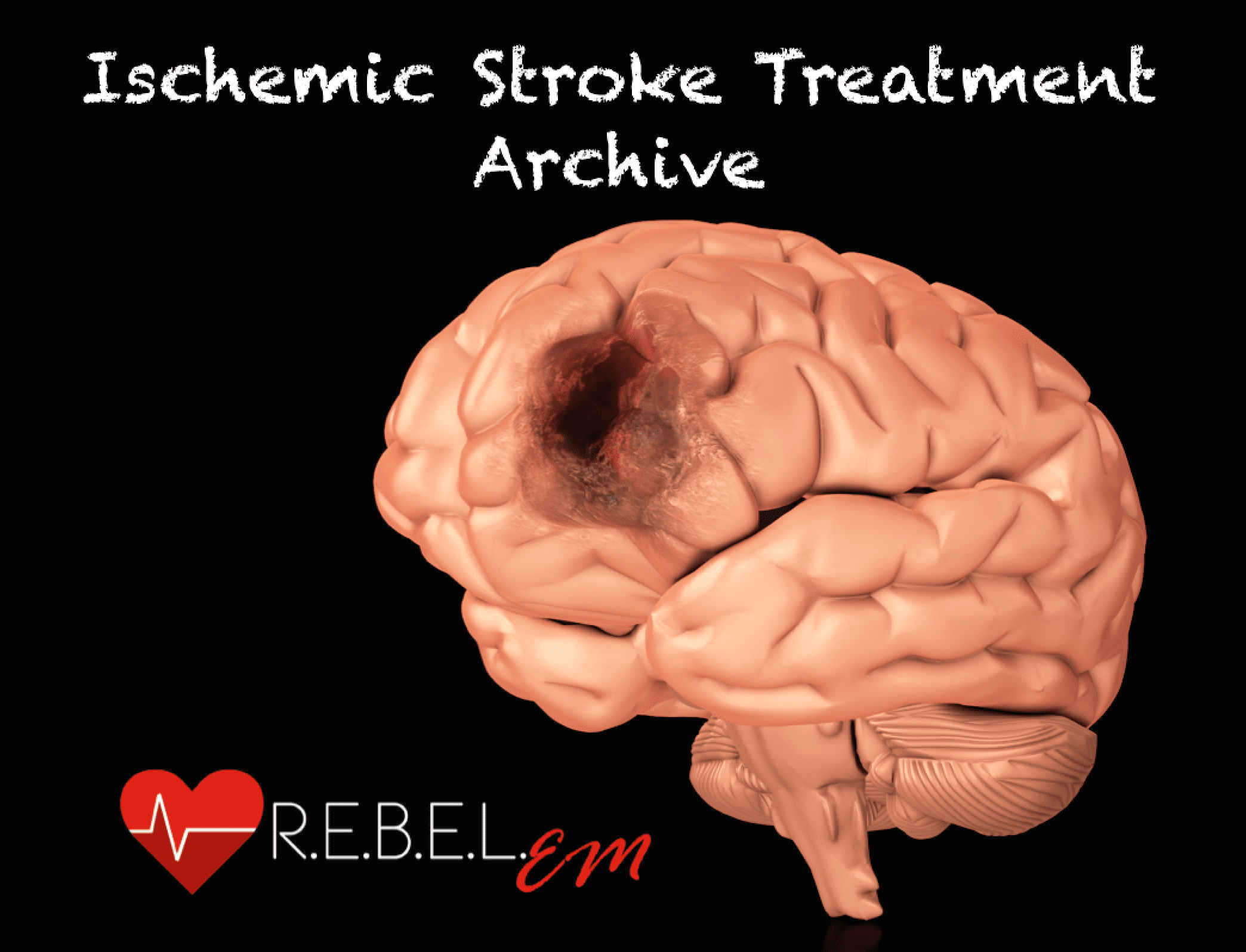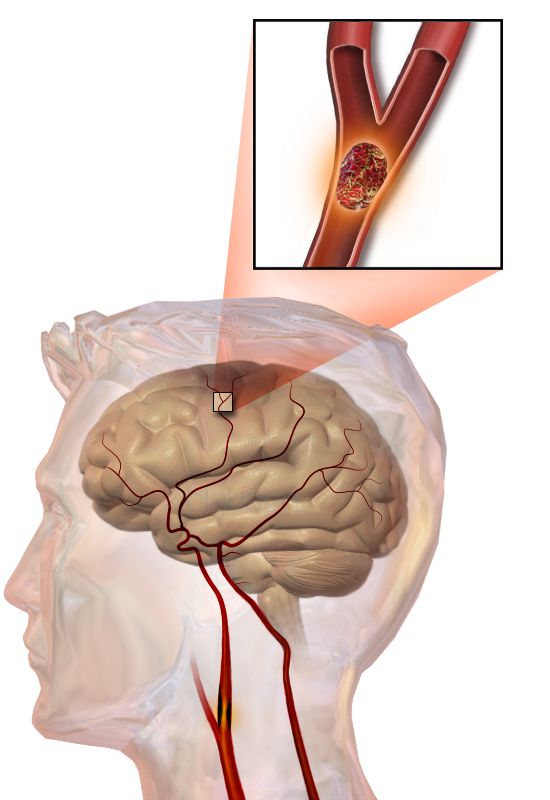A more comprehensive understanding of this association and development of intensive stroke prevention measures are needed, as we know that af incidence and prevalence will increase … Lets give afib a shock right now on our podcast. Living heart smart. Thus, the detection of … [00:00:00] getting a shock to your heart doesnt have to be a bad thing. Atrial fibrillation, stroke, dose-response, meta-analysis, risk core tip: · the most frequent underlying cause of cardioembolic stroke is atrial fibrillation (af), a disease that affects almost 3 million people in the usa and 4. 5 million in europe. A comprehensive search across pubmed (94 records), web of science (121 records), scopus (156 records), and the cochrane library (83 records) yielded 454 records. In fact, it may be just what your atrial fibrillation needs to get you back into a nice normal rhythm. Patients with acute ischemic stroke (ais) in the setting of atrial fibrillation (afib) will need to start/resume anticoagulation (ac) as it is the mainstay for secondary stroke prevention. This systematic review evaluates the optimal timing of anticoagulation in atrial fibrillation patients with acute ischemic stroke or transient ischemic attack. We performed a systematic review and meta-analysis to determine whether atrial fibrillation (af) burden > 5 min … Atrial fibrillation is the culprit causal mechanism of twenty percent of acute ischemic strokes. · we performed a systematic review and meta-analysis, using medline, central and web of science databases for randomized controlled trials from inception to july 2022. · abstract background: Carolyn lacey, md facc: After screening 324 records and assessing 44 full texts, 13 studies … Hi, im doctor matt devane. The risk of stroke increases with age. We included studies that compared the efficacy of rhythm-control (antiarrhythmic drugs, atrial fibrillation ablation, electrical cardioversion) and rate-control (beta-blocker, digitalis, calcium … Matthew devane, do facc: A summary estimate of the relative risk associated with each independent risk factor was … This is part of our 101 series, the cardioversion. In clinical practice, it is fairly common. This model emphasizes the importance of systemic and atrial substrate as well as rhythm in explaining the relationship between atrial fibrillation (af) and … · ischemic strokes related to atrial fibrillation are highly prevalent, presenting with severe neurologic syndromes and associated with high risk of recurrence. The optimal timing of oral anticoagulation for prevention of early ischaemic stroke recurrence in people with acute ischaemic stroke and atrial fibrillation remains … As the population of delaware ages, atrial fibrillation is a growing cause of stroke. Although advances … Management of recent-onset (<36 h) atrial fibrillation (af) in the emergency room is highly variable, particularly concerning the type and timing of cardioversion, and the logistics of the treatment pathway. Medicines that keep the blood from clotting, called anticoagulants, lower the risk of stroke but can also cause serious bleeding. Systematic review of studies using multivariate regression techniques to identify independent risk factors for stroke in patients with atrial fibrillation was conducted, and reports of absolute stroke rates in subgroups of patients with these risk factors collected. · people with atrial fibrillation (afib) or atrial flutter are five times more likely to experience a stroke compared with people who have a normal heart rhythm.
Stroke Atrial Fibrillation The Shocking Timing Secret Doctors Dont Want You To Know Systematic Review
A more comprehensive understanding of this association and development of intensive stroke prevention measures are needed, as we know that af incidence and prevalence will...




